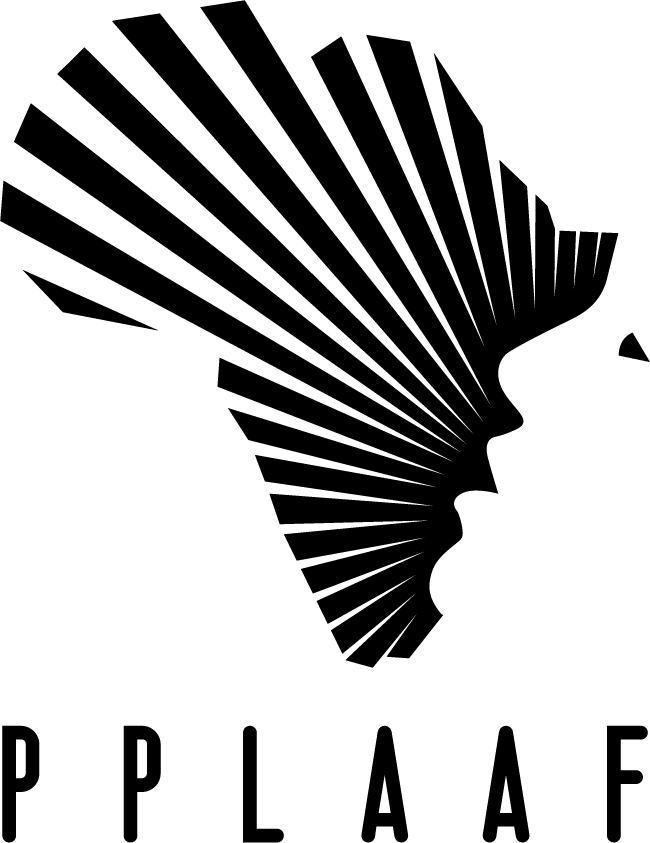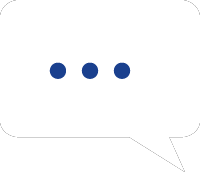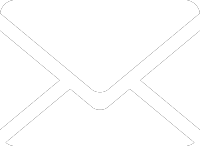1) Formerly a coordinator of the Senegalese civic movement “Y’en a Marre”, you have now decided to join PPLAAF. How do you see the link between civic protest and whistleblowing?
We are still in the field of civic engagement; it seems to me. The whistleblower is someone who decides to act when she or he notices that the public interest is threatened. His objective is always to preserve, save or maintain the public good. Just like the activist, in my opinion, who acts to strengthen his democracy or echoes the concerns of the people. You could argue that the whistleblower is an activist. He or she becomes the eyes of the population to warn or report on the danger that threatens the interest of the greatest number. So, for me, working with PPLAAF is a continuity or rather a complementarity of the moment when, here or elsewhere, we alert or we demonstrate, the objective remains to participate in strengthening the development of populations.
2) Having been at the forefront of peaceful civic protest in Senegal, you will now work with whistleblowers, often in the background of public debate, on the condition of anonymity and the risk of reprisals. Could you explain this choice?
(Smile) When we co-initiated the Y’en en marre Movement, it wasn’t to be in the foreground. There is an old Senegalese proverb which says: “do not look at the finger which warns you of the danger, rather look at the direction that it indicates to you”. With PPLAAF, we will rather seek to promote these fingers which signal danger, encourage and protect them to open our countries to the culture of whistleblowers. It’s an important part of democracy. Citizens must know what is happening, and on all levels: economic, social, political, environmental, health, etc. Look at what is happening with the Coronavirus pandemic. At the outset of this affair in China, there was a whistleblower, Dr. Liwenliang, who very early reported the catastrophe that was threatening humanity. If he had been listened to and protected, we would have managed this crisis better. So, whether you are in the foreground or in the background, the main thing is to play this role.
After that, I must say that I am a journalist who worked at the Gazette, which was a weekly investigative newspaper. Joining the PPLAAF team brings me back to my job and I hope we can do a lot together, also to strengthen investigative journalism which is very weak in West Africa at the moment.
3) Courageous whistleblowers across Africa bravely reveal acts contrary to the public good. Their bravery often leads to reprisals. What do you think are the best strategies to protect them?
The strategy will be defined by or with these whistleblowers who know the realities of their context better than anyone else. I salute all the work and all the risks they take in extremely hostile environments to continue reporting. I think it will be necessary to make ourselves better known and to help them to be better defended. When you are isolated, you are more vulnerable to reprisals than when you are in a strong group that protects its members well. There are many things to do at this level. Then, I think that the concept should be adapted to local realities to make it more audible. In all the societies of West Africa, there have been people who have played this role. These cultures will have to be embedded in order to popularize the usefulness and importance of whistleblowers. The difficulty today is that we assimilate whistleblowing to politico-financial issues when there is more than politics. It will be necessary to make each citizen a potential whistleblower on everything that affects his or her daily life.
4) Less than 10 African countries have adopted whistleblower protection laws. How to promote laws protecting them in West Africa? Is this a priority, even in countries with a fragile Rule of law?
All countries and all people deserve transparency. Whatever the level of the rule of law, we must not give up the fight, we must continue to fight to preserve the general interest. And this remains a priority even in countries where rights and freedoms are confiscated.
There is a legal delay in our laws on the protection of whistleblowers. It’s a question of the right of access to information! It will be necessary to mobilize decision-makers but also the local driving forces for better protection of whistleblowers. This will require specific forms of intervention specific to each context.
5) Whistleblowing is a term still little known in Africa. How do you create a culture of reporting and alerting?
I said earlier that we will first have to make the concept more audible and more accessible to everyone. If the concept of whistleblowing is not developed, it is not because there is no need or that the opportunities do not exist, it is just that people lack protection and often they don’t know who to talk to. Today, there is no mechanism or specialized instrument attractive enough to accommodate and protect new whistleblowers. It is at this level that PPLAAF can play a major role. There is an interesting job to do.
6) Is a whistleblower necessarily a politician?
When an alert comes from a politician, it can create a controversy that does not favor the discovery of the truth, especially in contexts where the judicial system is not independent. The case just ends up fueling the quarrel between the opposition and the majority in power. The debate over the neutrality and objectivity of reporting is more echoed than the alert itself. It also makes whistleblowers appear to be assimilated to politicians who have a hidden agenda even if it is not the case. These are concerns and must be taken into account. That being said, politicians are citizens who have the right and even the duty to alert when the public good is threatened.
7) Do you consider yourself a whistleblower?
Yes, in a broad sense of the term, but I am not Jean Jacques Lumumba or Edward Snowden. I mean that every citizen can be a whistleblower but those who are in a position to know information harmful to the public interest and who sacrifice their career, their comfort and expose themselves to reprisals deserve all our respect and our protection.




